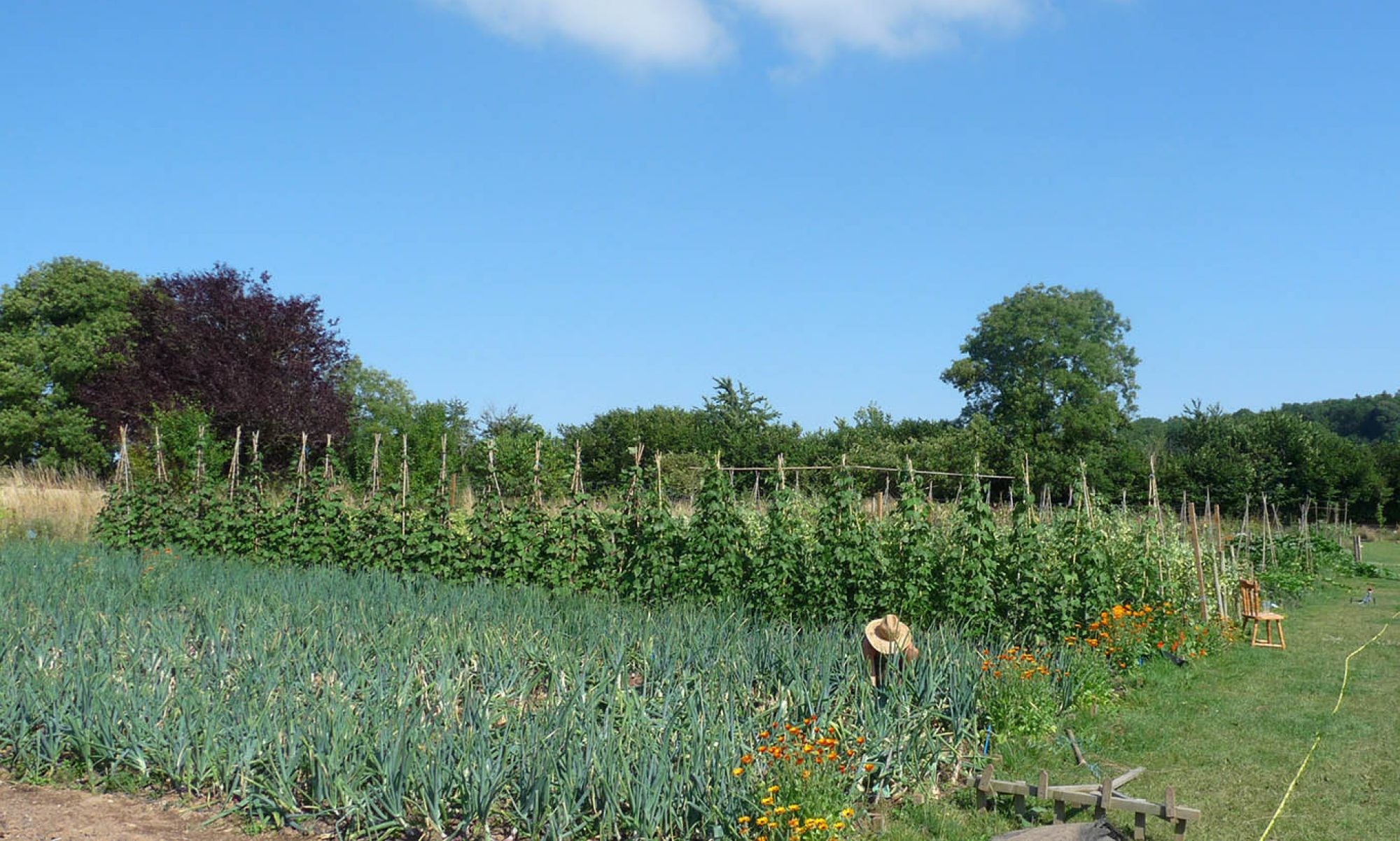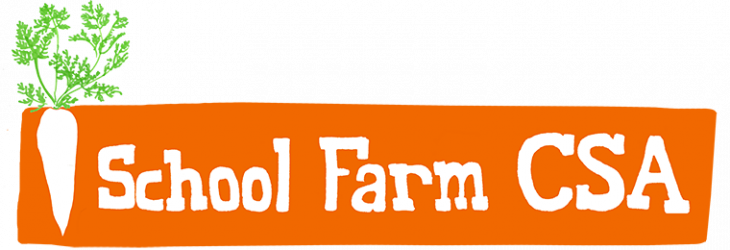Global Perspective: Seed Sovereignty
Seed is the source of life and as such it is ethically unjust that it can be owned by anyone let alone a individual companies. Farmers have created preserved and renewed seed diversity through conservation and selection for thousands of years. They have the right to save, breed and exchange seed, further diversifying the genetic pool and creating land races that are locally and culturally appropriate.
Seed sovereignty has grown as an international movement to combat the onslaught of the cumulative negative effects of seed patenting. Although the patenting of seeds was first permitted under the USA Plant Patent Act of 1930, it was not until the 80’s that living cells were eligible for the same protection under international property laws which paved the way for Monsanto to patent the first Genetically Modified plant cell in 1982, and subsequently all plants got a similar treatment in 1985.
Patents threaten these fundamental rights by creating monopolies on seed. They can lead to cycles of debt for farmers who are sold ‘terminator seeds’ developed with the aim of creating sterile seed, ensuring that the farm MUST return to buy new seed annually. Further more the potential for GM seed to contaminate crops had lead corporations to sue farmer for theft of property.
New European Commission legislation (May 2013) on plant reproductive material has worsened the situation. It will make it illegal to market any unregistered seed, illegal to sell or even give seed away for free. Registering seed will be unaffordable for anyone apart from big business, and criteria such as ‘stability’ and ‘uniformity’ supports the production of hybrid seed, rather than producing seed that is acclimatised to local conditions. This will be devastating for seed diversity, seriously reducing the varieties of crops grown and is a direct attack on the rights of famers. Luckily amateur growers and small businesses are exempt from regulation, making our role in seed saving all the more important.
Read more about seed sovereignty on these websites: Land Workers Alliance, the Ecologist, the campaign for Seed Sovereignty and Navdanya

